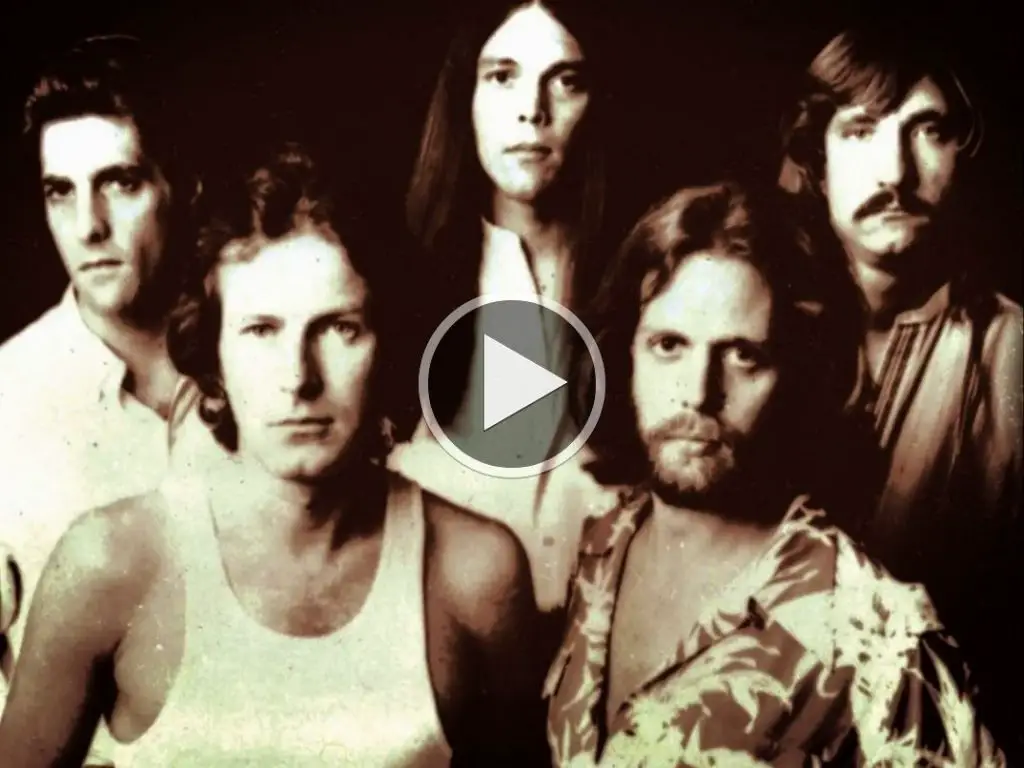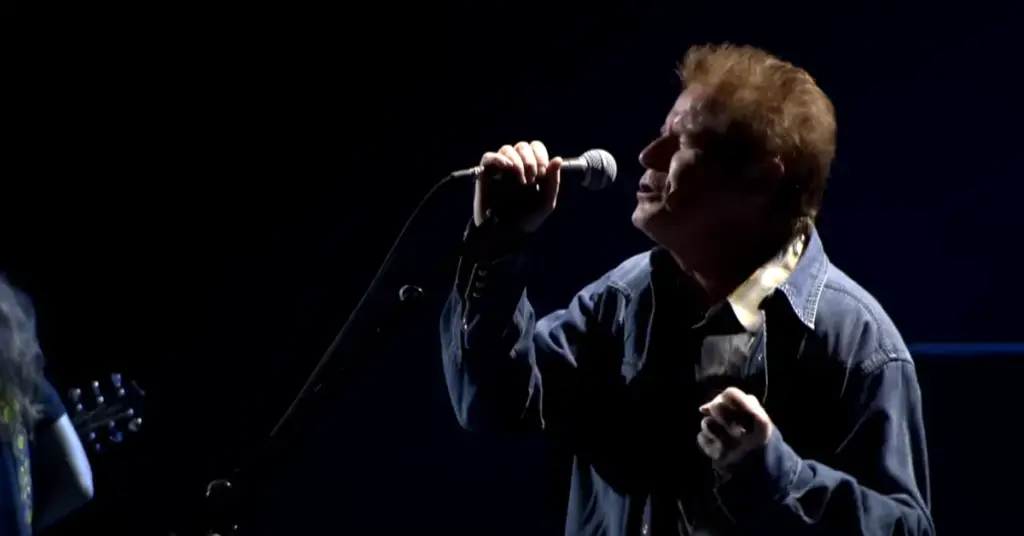
The Eagles – “Desperado”: A Lonesome Ballad for the Wandering Heart
Among the many classics in The Eagles’ legendary catalog, none cut quite as deep or linger quite as long as “Desperado.” Released in 1973 as the title track of their second album, the song is more than a ballad—it’s a meditation. A quiet, haunting reflection on solitude, pride, vulnerability, and the cost of keeping your heart locked away.
Written by Don Henley and Glenn Frey, “Desperado” is not just a Western metaphor. It’s a soul’s cry in the voice of a cowboy, a loner, or anyone too guarded to let love in. And over the decades, it has become one of the band’s most beloved and spiritually powerful pieces—a song that hurts in all the right ways.
The Sound: Sparse, Soulful, and Timeless
Unlike many of The Eagles’ radio-ready rock hits, “Desperado” is stripped down and solemn. It begins with nothing but a piano and Don Henley’s voice, which enters with an intimacy that feels almost like a whisper:
“Desperado, why don’t you come to your senses? / You’ve been out ridin’ fences for so long now…”
As the song progresses, it slowly opens up—strings swell, an orchestra hums in the background, but the focus never shifts from the emotional weight of Henley’s delivery. His voice is both soft and commanding, embodying the loneliness of the titular figure and the aching wisdom of the one trying to reach him.
There’s no chorus, no flashy guitar solo—just a slow, deliberate build that leads to one of the most quietly devastating lines in rock:
“You better let somebody love you / Before it’s too late.”
The Lyrics: The Cowboy as Everyman
The genius of “Desperado” lies in its metaphor. On the surface, it’s about a gunslinger—an outlaw too proud or afraid to settle down. But as the verses unfold, it becomes clear that this desperado isn’t just a cowboy. He’s a symbol for anyone hiding behind emotional armor.
Henley and Frey’s lyrics are simple but profound, filled with poetic images that speak directly to the soul:
“These things that are pleasin’ you / Can hurt you somehow…”
It’s advice wrapped in melody, an intervention in the form of a lullaby. The song doesn’t beg or lecture. It gently urges us to open up, to soften, to love—even when it hurts.
Origins and Creation
Don Henley had been working on “Desperado” as a piano tune when Glenn Frey heard it and encouraged him to finish the lyrics. Together, they shaped it into the heart of their concept album Desperado, which used Wild West themes to explore loneliness, rebellion, and emotional isolation.
Though “Desperado” was never released as a single, it quickly became a signature song for the band—often cited by fans and critics as one of their finest works. Henley would go on to call it “one of the best things Glenn and I ever wrote.”
Legacy: A Soft-Spoken Giant
“Desperado” has been covered by a long list of artists, including Linda Ronstadt, who recorded a memorable version in 1973 that helped elevate the song’s profile early on. Over time, it has grown into one of the most cherished ballads of the 1970s, often performed in tributes, soundtracks, and live shows where silence falls just to hear it.
In concerts, it’s not uncommon to see audiences go quiet, hanging on every word. And when Don Henley performs it solo, years later, the song hits even harder—older, wiser, and no less moving.

Final Thoughts
“Desperado” is a rare kind of song. It doesn’t just speak—it listens. It understands pain, fear, and stubborn pride. It doesn’t rush to fix them. Instead, it sits beside you like an old friend, offering gentle truth in a world of noise.
So if you’ve been out there ridin’ fences,
Building walls around your heart—
Maybe it’s time.
Let somebody love you.
Before it’s too late.


Facebook Comments